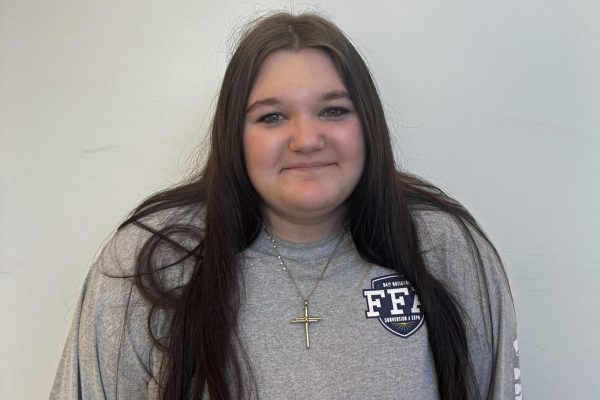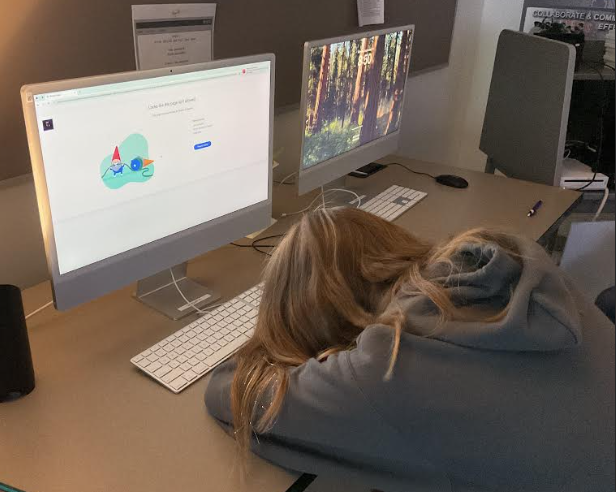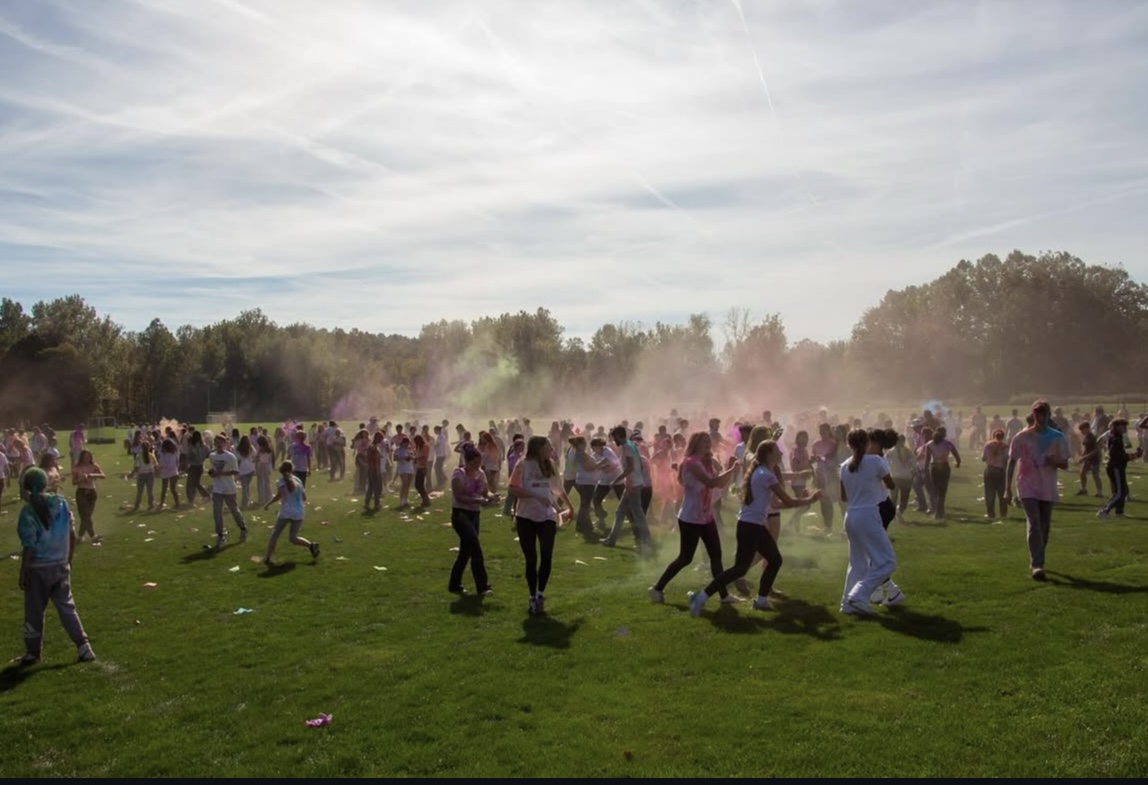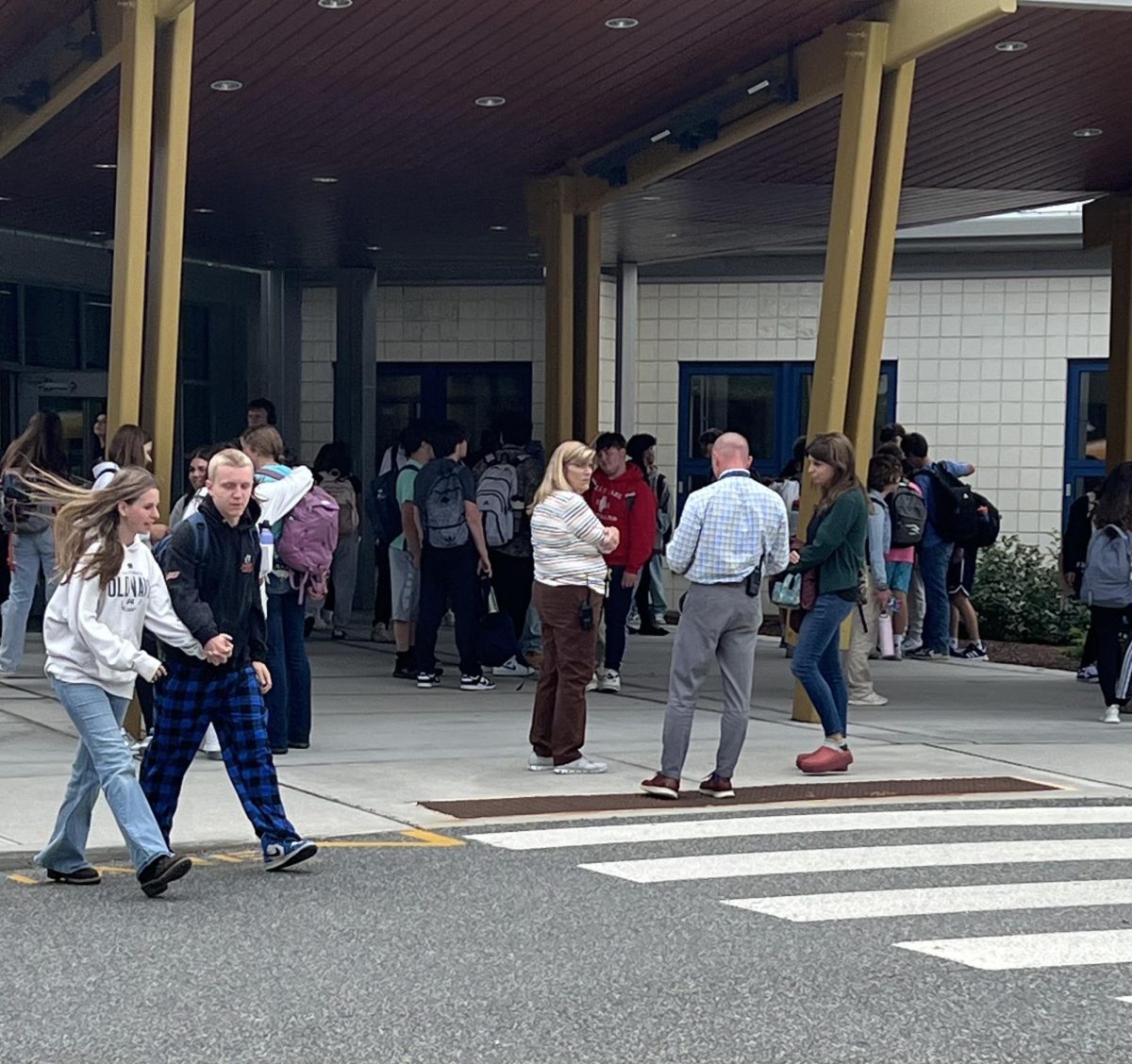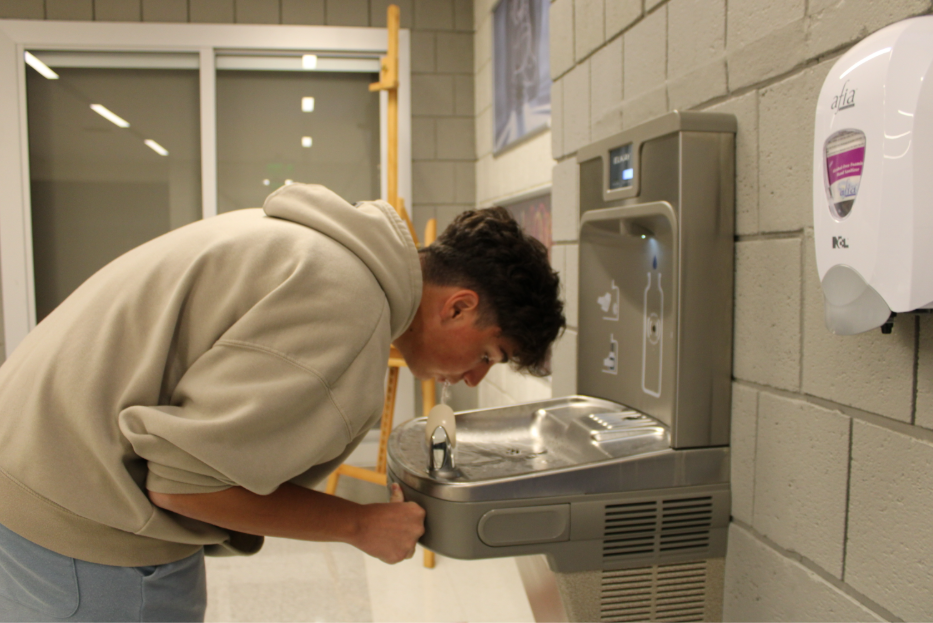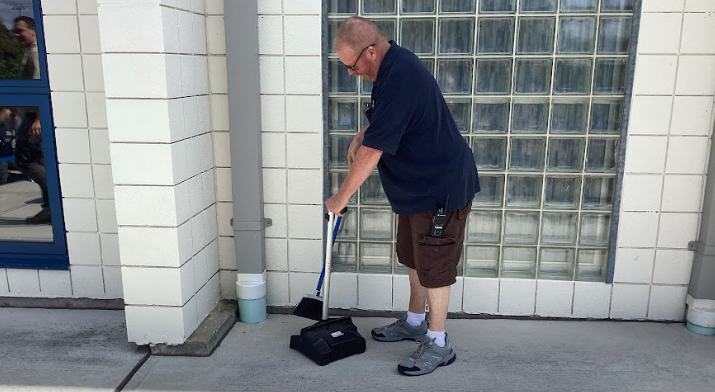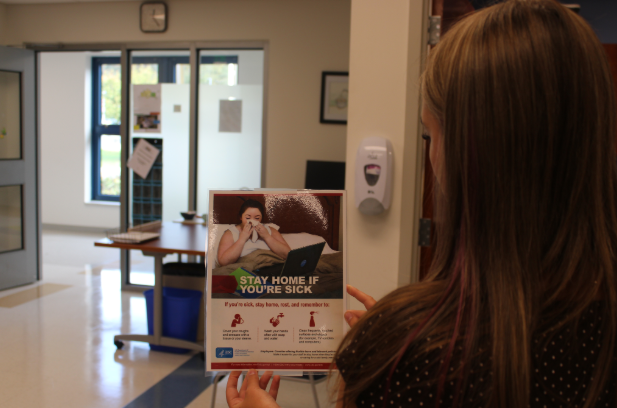WOODBURY – It’s only 4:00 in the afternoon and long evening shadows have already swallowed much of campus. Just minutes later, the sun sets entirely. This is winter in New England–and a darkness that’s amplified by a shift to daylight savings time.
Starting the year off being able to stay out doing things without the thought of the sun going down early, students spend their afternoon playing sports until late at night, and spend their time going out with friends after school, but after November 5th the sun was going down earlier.
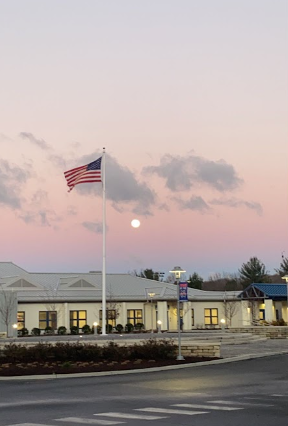
Many people have mixed opinions about the time change affecting them. There are people who think it’s nice having the sun go down at only 4:30 PM, while others yearn for long summer hours where the sun provides added time to enjoy life outdoors.
Parents, teachers, and even some kids, arrive home at night after sports or jobs to it being dark outside. Before the beginning of November, people were able to stay outside until 7 PM or so, and now, a month into the new time change, people are still fighting the darkness.
“For the first few days or even a week, they may go to bed late or wake up earlier than usual,” said Harvard Health Publishing. “Which can cause sleep deprivation.”
The one thing many talk about when it comes to the time change every year is how sleeping habits are often disrupted. The annual time change plays a major role in student, and even adult lives.
People of all ages either lose sleep, or get too much with the added hours of darkness. Most people have a regular routine that they stick by, and most people don’t get affected by the time change as much as those that don’t have a consistent routine.
This shift in time is especially jarring for children who are even more dependent on routines. In the case of toddlers, all the way down to newborns, they sleep early and wake up early due to the fact that they have not adapted to it yet.
“Because my kid can’t tell time, he was still getting tired at the same time but it wasn’t the same on the clock, so he was getting tired earlier, ” said Rebecca Gambardella, NHS English Department faculty and a parent of young children.
Time change didn’t only cause a dispute in toddlers’ sleep habits, or cause sleep deprivation in others, but it did play a major role in traffic accidents–an area that’s especially impactful when considering the many new drivers who commute to campus daily.
According to the National Sleep Foundation, cases of traffic accidents increased during both time change periods each year. More specifically, according to data from NPR, the end of daylight savings time results in an increase of “16% increase in collisions between deer and vehicles in the week after the time change.”
It’s a little scary,” said Campbell bologna.” “As a driver that just got on the road not too long ago, I’m not used to driving when it’s dark at 4PM.”
With three more weeks of shortening days, adjusting to the abbreviated daylight is something we’ll have to find our way though–in the dark.





